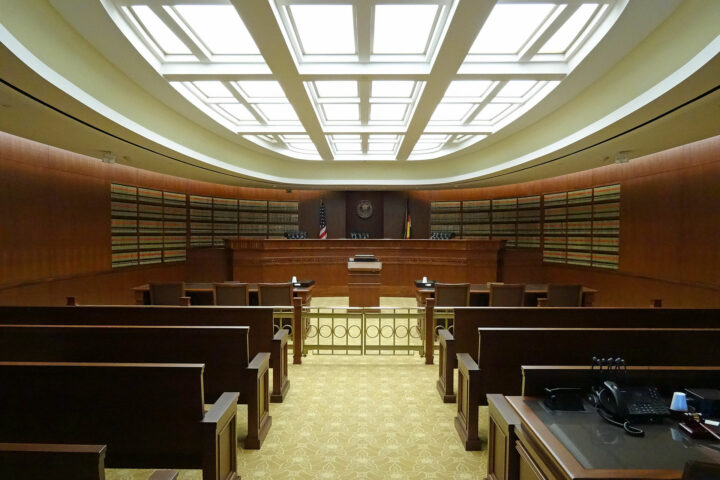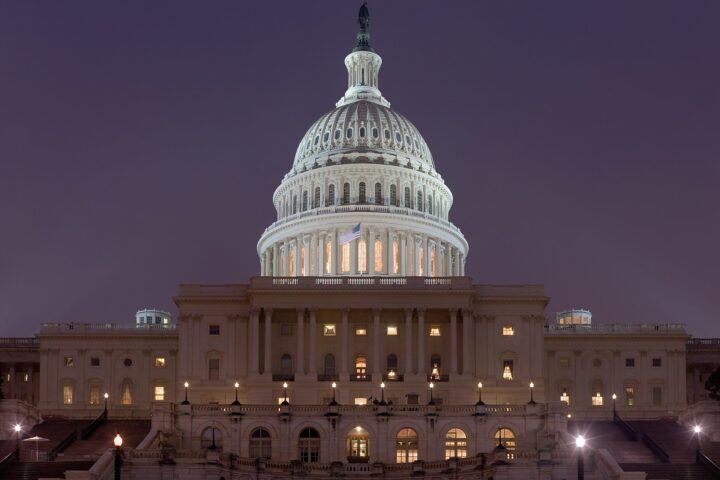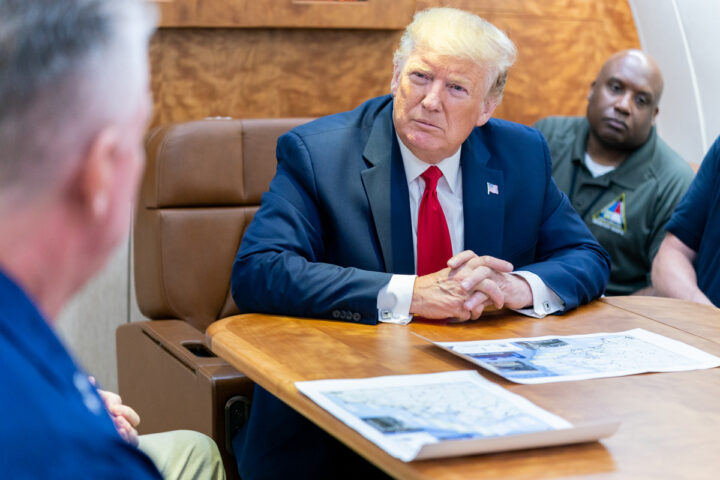In a sharp pivot that could reshape Southeast Asian trade, President Donald J. Trump on Wednesday reportedly declared that the United States had secured a new trade agreement with Vietnam—just days before a July 9 deadline when sweeping tariffs were set to snap back into effect.
In a post on his platform, Truth Social, Mr. Trump hailed the deal as “a Great Deal of Cooperation” with Vietnam’s Communist Party General Secretary, Tô Lâm.
Under its terms, American exports to Vietnam would enter duty-free, while Vietnamese goods destined for U.S. shores would be hit with a 20 percent tariff—rising to 40 percent for products transshipped through third countries.
The deal comes amid mounting pressure on Vietnam, which had been facing a proposed 46 percent blanket tariff.
The announcement follows months of intense negotiations. Vietnam, whose economy relies heavily on exports—30 percent of its gross domestic product—had already eased import barriers to U.S. agricultural and aviation products, and signaled openness to concessions in exchange for relief from punitive duties.
U.S. officials say the agreement reflects Hanoi’s willingness to rebalance trade flows and reassure domestic industries; for its part, the Trump administration is banking on “total access” to Vietnam’s market as leverage in broader trade talks.
Observers say the deal signals a stark break from earlier U.S. protectionist policy. Under Mr. Trump’s “Liberation Day” tariffs issued in April, monumental levies up to 46 percent had been imposed on Vietnamese imports, rattling its export-driven manufacturers.
The new agreement replaces that uncertainty with structured terms, though some critics warn that the 20–40 percent tariffs still weigh heavily on Vietnam’s economy.
Economic analysts further caution that supply chains already shifting from China to countries like Vietnam might face fresh disruption.
Firms that had relocated production to Hanoi to escape rising costs in China now confront renewed U.S. tariffs, raising questions about whether Vietnam can remain a viable alternative or will be forced to accelerate “friend-shoring” to other low-cost regions.
Still, the deal comes just as a 90-day tariff suspension on reciprocal duties—including those aimed at Vietnam—is set to lapse on July 9.
U.S. negotiators are racing to lock in agreements with multiple countries, including India, Canada, and the European Union, to avert a global trade backlash. Vietnam’s accord could influence those talks, possibly serving as a template for others.
For Vietnam, the trade guarantee may offer stability and a path to expand exports—provided it can manage the new tariff framework.
For American exporters, duty-free access to Vietnam promises fresh opportunities, especially in automotive and agricultural sectors. Yet whether both nations can sustain this framework—and if other countries will follow their lead—remains uncertain.
Still, as the tariff deadline looms, Washington’s deal with Hanoi may mark a turning point, offering a rare glimpse of structured diplomacy amid a turbulent era of reciprocal trade policy.
[READ MORE: Trump Heads To Iowa For American Celebration]








